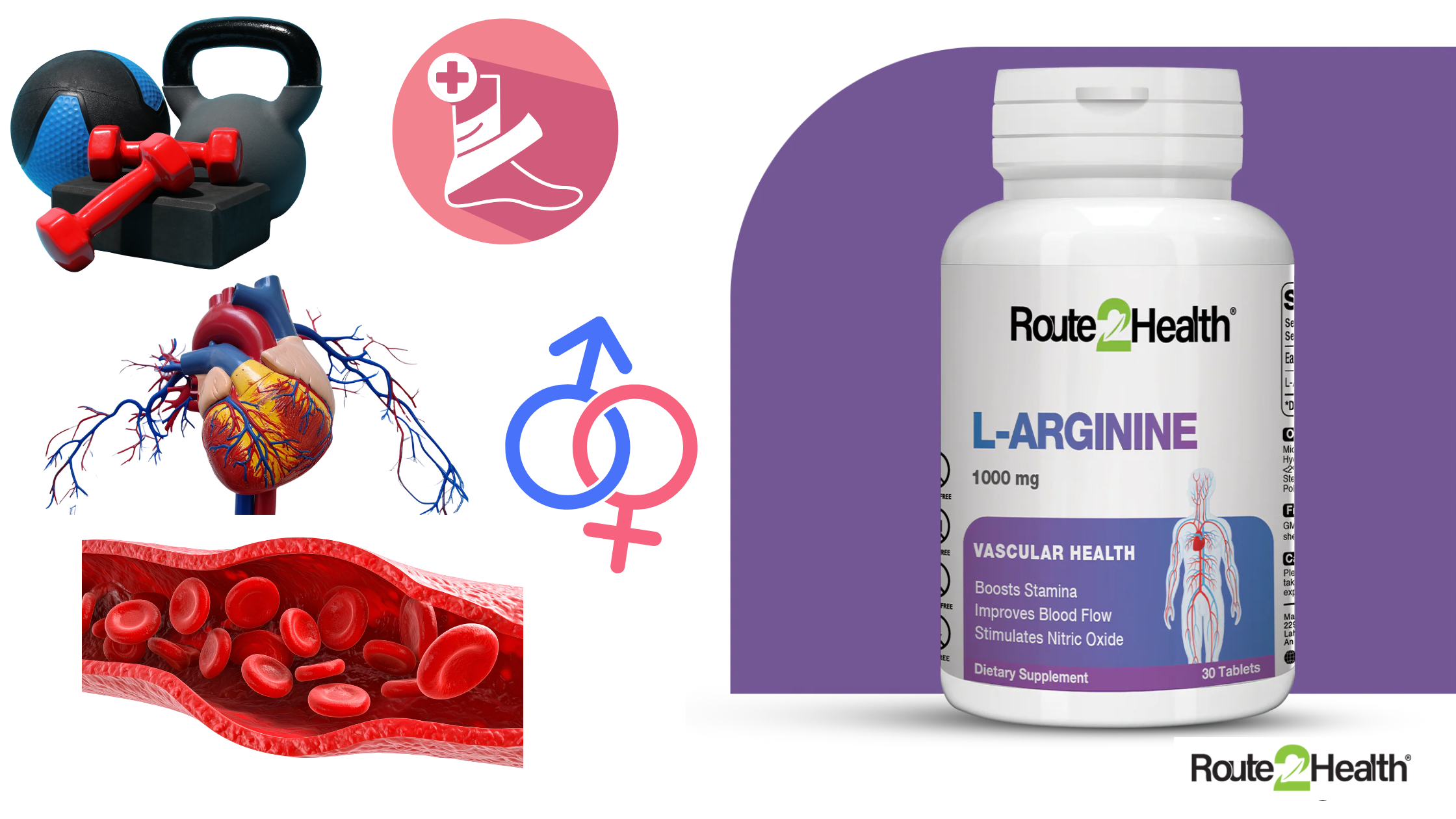
Move with Ease: 6 Science-Backed Tips to Keep Your Joints Healthy for Life
Ever groan while getting off the sofa or feel a snap, crackle, and pop in your knees just walking up the stairs? You’re not alone. Joint pain isn’t just a problem for the elderly anymore – even younger adults are feeling the pinch (literally) thanks to sedentary lifestyles, poor posture, and unhealthy habits. But here’s the good news: with a few simple lifestyle tweaks, you can keep your joints in tip-top shape and dance through life without creaks and discomfort. Whether you’re chasing kids, running a 5K, or just trying to sit cross-legged without wincing, healthy joints make it all possible. Ready to give yours some love?
Why Joint Health Matters More Than You Think?
Joints are the unsung heroes of your body. These complex structures, where bones meet, allow for movement, flexibility, and support in your everyday activities. From walking the dog and typing on a keyboard to lifting groceries and tying shoelaces, you rely on healthy joints more than you realise. But as we age or overuse them, joints can become inflamed, stiff, or even damaged.
Neglecting joint health can lead to discomfort, reduced mobility, and long-term conditions like osteoarthritis. According to Versus Arthritis, in the UK, around 10 million people have arthritis or similar joint conditions, impacting quality of life and independence. That’s why it’s vital to take proactive steps to maintain joint health, starting today.
Science-Backed Tips To Keep Your Joints Healthy
1. Stay Active with Low-Impact Exercise
One of the best ways to keep joints healthy is to keep them moving – but not just any kind of movement. Low-impact exercises like swimming, cycling, walking, and yoga can strengthen the muscles around your joints without putting too much pressure on them. This reduces wear and tear, increases flexibility, and helps with joint lubrication by encouraging synovial fluid production, which is essential for joint movement.
In fact, a Randomised Controlled Trial shows that adults who engage in low-impact aerobic activity three times a week report significant reductions in joint stiffness and pain over a 12-week period. Exercise also helps with weight management, which we’ll dive into shortly – another key factor in keeping your joints happy.
Try integrating at least 30 minutes of gentle activity five days a week. If you're just starting out, begin with brisk walking or aquatic exercises and gradually build intensity. The goal is consistency, not intensity. Listen to your body – if a movement causes pain, adjust or try a different activity.

2. Maintain a Healthy Weight
Carrying extra weight puts excess pressure on your joints, especially weight-bearing ones like the knees, hips, and lower back. In fact, every extra pound (or half a kilo) can place up to four times more pressure on your knees when walking or going downstairs.
A landmark study published in Annals of Internal Medicine found that obese individuals are more likely to develop osteoarthritis in the knees than those with a healthy body mass index (BMI). Losing even a small amount of weight can significantly reduce the strain on your joints and slow down cartilage breakdown.
Focus on a balanced diet rich in vegetables, lean proteins, whole grains, and healthy fats. Combine it with regular physical activity, and your joints will thank you with smoother, more pain-free movement.
3. Eat Joint-Friendly Foods
Your joints love nutrients, especially anti-inflammatory and antioxidant-rich foods. A Mediterranean-style diet has been shown to reduce joint inflammation and improve symptoms in people with arthritis and other joint-related disorders.
Key nutrients to focus on include:
- Omega-3 fatty acids (found in salmon, chia seeds, and walnuts): help reduce inflammation.
- Vitamin C (found in citrus fruits, peppers, and berries): supports collagen production, essential for cartilage.
- Calcium and Vitamin D (from dairy products, leafy greens, and fortified foods): help maintain bone density and joint structure.
A 2007 study revealed that diets high in antioxidants and omega-3s are linked to lower levels of inflammatory markers in people with rheumatoid arthritis.

4. Try a Natural Supplement: Flexa Plus by Route2Health
When it comes to supporting joint health naturally, Flexa Plus by Route2Health stands out. This powerful supplement combines three proven ingredients: Curcumin, Boswellia serrata extract, and Vitamin D3 – all known for their joint-loving benefits.
- Curcumin, the active compound in turmeric, has strong anti-inflammatory properties and has shown promise in reducing joint pain and swelling.
- Boswellia serrata, also called Indian frankincense, has been used for centuries in Ayurvedic medicine for joint pain. Modern studies confirm it reduces stiffness and improves function in people with osteoarthritis.
- Vitamin D3 supports calcium absorption and helps maintain bone strength, reducing the risk of joint degeneration.
A double-blind clinical trial shows that participants who take a combination of curcumin and Boswellia experience significantly greater joint relief compared to a placebo group.
Taking Flexa Plus daily is a smart, convenient way to give your joints a fighting chance, especially as you age or increase physical activity.
5. Don’t Ignore Posture and Ergonomics
Your posture affects your joints more than you might think. Slouching while sitting or standing can lead to joint misalignment, particularly in the spine, hips, and knees. Over time, poor posture increases strain on your joints and muscles, leading to stiffness, pain, and even long-term damage.
If you work at a desk, make sure your chair supports your lower back, your feet are flat on the floor, and your screen is at eye level. Take breaks every 30 minutes to stand, stretch, and walk around. For those who lift heavy objects, always bend your knees, not your back.
Individuals who use ergonomically designed workstations experience significantly fewer musculoskeletal complaints.

6. Stay Hydrated for Better Joint Lubrication
Water is essential not just for your skin and energy levels, but also for your joints. Cartilage, which cushions your joints, is made up of about 80% water. Dehydration can lead to a reduction in synovial fluid, the lubricant that allows bones to glide over each other without friction.
When you’re dehydrated, your joints become less efficient at absorbing shock, increasing the risk of stiffness and discomfort. Make it a habit to drink at least 6–8 glasses of water a day, and even more if you’re exercising or in a hot climate. Even mild dehydration can affect joint function and overall mobility.
Conclusion
Your joints are vital to every step, stretch, and twist you take – so treat them with care. By moving regularly, eating smart, maintaining a healthy weight, supplementing with Flexa Plus, watching your posture, and staying hydrated, you can future-proof your joints and enjoy an active, pain-free life.
Ready to take control of your joint health? Try Flexa Plus by Route2Health – your daily dose of natural joint support with clinically backed ingredients like Curcumin, Boswellia Serrata, and Vitamin D3. Don’t wait for the creaks to become cracks – give your joints the care they deserve today.
FAQs
1. What foods are best for joint health?
Foods rich in omega-3 fatty acids (like salmon), antioxidants (like berries), and vitamins (like spinach and oranges) help reduce inflammation and support joint structure.
2. Is exercise safe if I have joint pain?
Yes, but choose low-impact exercises like walking, swimming, or yoga. Always consult a GP before starting a new routine if you have existing joint issues.
3. How much water should I drink for joint health?
Aim for 6–8 glasses (1.5–2 litres) of water daily. Hydration helps keep the cartilage and synovial fluid in your joints functioning properly.
4. Can supplements really help with joint pain?
Yes. Supplements like Flexa Plus, which contains curcumin, Boswellia serrata, and Vitamin D3, are clinically proven to reduce joint pain and inflammation.
5. At what age should I start caring about joint health?
It’s never too early! Joint care in your 20s and 30s can help prevent issues later in life. Prevention is always better than treatment.























































